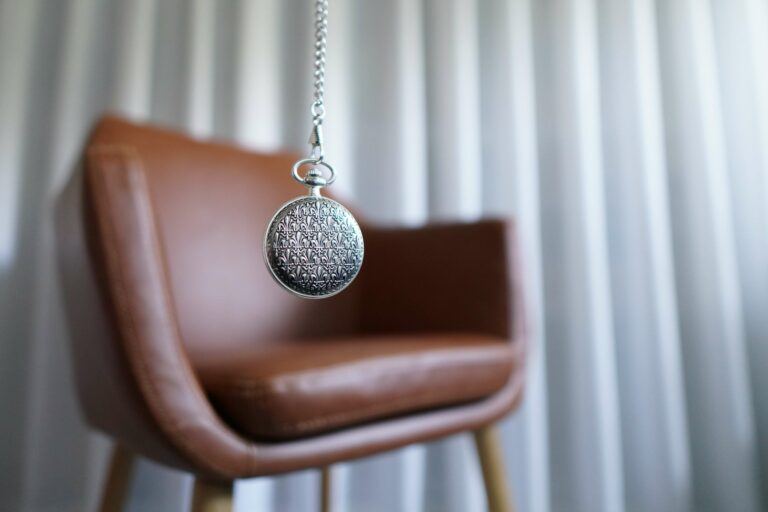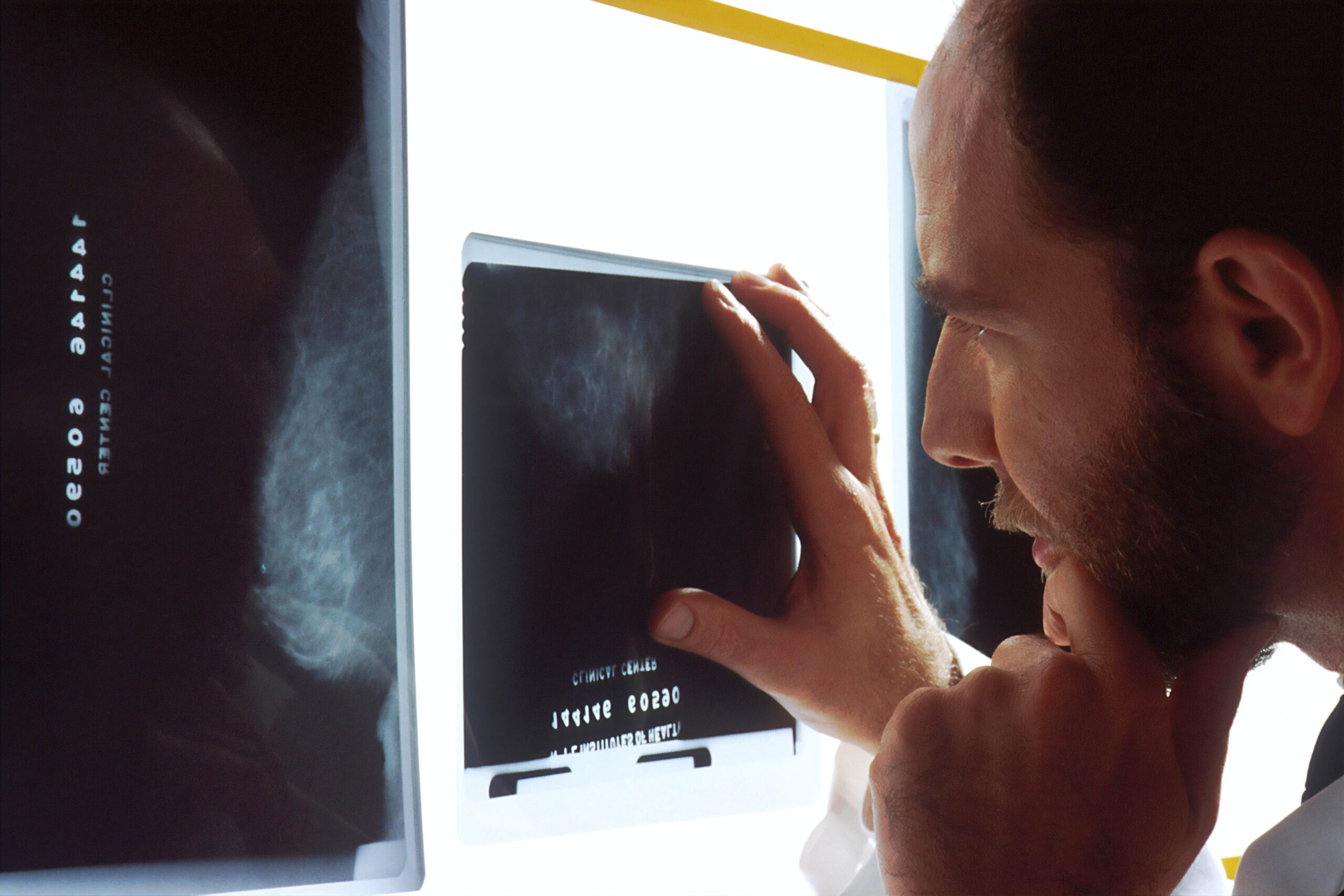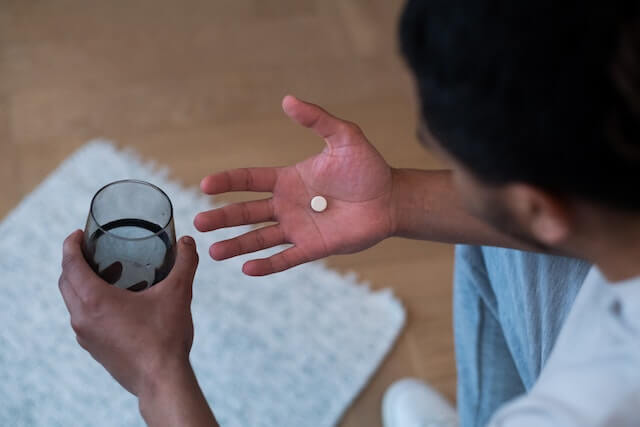For men who experience premature ejaculation, the question of whether it will ever go away can be a daunting one.
But what if it’s not just a temporary problem? What if you have premature ejaculation and you’re left wondering if it’s something you must live with forever?
While it can be distressing and affect sexual satisfaction, the good news is that there are options available. In this article, we’ll dive into the topic of acquired PE and answer the burning question: “Does it ever go away?”
We’ll explore the latest research, evidence-based treatments, and lifestyle changes that can help improve your situation. So, if you’re ready to take control of your sexual health, keep reading!
What is acquired premature ejaculation?
When we think of premature ejaculation, we often assume that it’s something that men have dealt with their entire lives. However, it’s important to understand that premature ejaculation can also be acquired over time.
Put simply, acquired PE (sometimes referred to as secondary premature ejaculation) is when a man begins to experience premature ejaculation later in life, despite not having any previous issues with it.
This is in contrast to lifelong premature ejaculation (primary premature ejaculation) which occurs from the first sexual encounter.
Why did I acquire premature ejaculation?
Well, there’s no one-size-fits-all answer to why someone started having premature ejaculation and it can be brought on by a number of different psychological and biological factors.
In some cases, it may be due to psychological factors such as anxiety or relationship issues. In other cases, it may be caused by physical factors such as prostate problems, nerve damage, or thyroid issues than can contribute to premature ejaculation.
Additionally, lifestyle factors such as excessive alcohol consumption or drug use can also be contributing factors.
It’s important to note that the causes can vary from person to person, and a thorough evaluation may be necessary to determine the underlying cause.


Note: Many of these factors can also cause other sexual functions like erectile dysfunction. See this article to find out the difference between erectile dysfunction and premature ejaculation.
Can Acquired PE be cured?
Acquired PE can be treated in most cases, however, you will have to take into account several factors.
One of the most important factors is the underlying cause of the problem. If your premature ejaculation is caused by a reversible factor, such as stress or anxiety, then there is a good chance that it will go away on its own or with treatment.
Scientific evidence
The good news is that there’s evidence to suggest it can be treated effectively and even disappear entirely! So, what kind of treatments are we talking about here?
For instance, a study published in the Journal of Sexual Medicine examined the effectiveness of paroxetine, a selective serotonin reuptake inhibitor (SSRI), in treating acquired PE. The study involved 200 men who were given either paroxetine or a placebo for 12 weeks.
The paroxetine group showed significant improvement in controlling ejaculation, with a significantly longer intravaginal ejaculation latency time (IELT) compared to the placebo group. Translation: they were able to control their ejaculation better.
Another study published in the same journal compared the effectiveness of the stop-start technique and the squeeze technique in treating premature ejaculation. The study involved 98 men with acquired PE who were randomly assigned to one of the two techniques or a control group.
The study found that both the stop-start technique and the squeeze technique were effective in improving IELT and overall sexual function.
When is premature ejaculation most likely to be permanent?
The answer is that it’s most likely to be permanent in men with lifelong PE. This means that they have been experiencing PE since becoming sexually active and have not been able to control their ejaculation for a long time. However, with the right treatment and management strategies, even men with lifelong PE may be able to improve their condition.
It’s important to note that in some cases, certain medical conditions like diabetes or multiple sclerosis can make managing premature ejaculation more difficult. In such cases, it’s recommended to seek medical advice from a healthcare professional to determine the best course of action.


How do you deal with acquired PE?
One important thing to consider when dealing with acquired PE is the severity of the issue. If you’re experiencing mild symptoms and have only noticed them for a short period of time, there’s a good chance you can tackle the problem with behavioral techniques.
Behavioral techniques
Have you heard of the stop-start or squeeze technique? These are great options to try, and they can make a real difference.
The squeeze technique is not too difficult to learn and apply. All you need to do is squeeze your penis right before ejaculating, that’s all that’s required.
You will need to squeeze the frenulum (where the shaft and head of the penis connect) and halt right before ejaculation. Doing this can help to delay ejaculation and improve your sexual performance.
Kegel exercises
The Kegel exercise is a method for exercising the pelvic floor muscles with the goal of enhancing their strength. It is possible to perform kegel exercises in a variety of positions, including sitting, standing, and lying down.
Because you use these muscles during sexual activity, the aim is to strengthen them to give you more control in this area to delay early ejaculation. We have done a full post on how kegel exercises can help premature ejaculation, with actionable exercises.
Edging
Edging helps to train you how to control ejaculation during masturbation or sexual intercourse. To perform this technique, you must first stimulate your penis through sexual contact or masturbation, all the way up to an orgasmic climax. Stop engaging in any action till the orgasm has come to an end as soon as you reach the peak.
Medications and psychotherapy
But, if you’re dealing with more severe symptoms and you’ve been struggling with PE for an extended period, it may be time to explore more intensive therapies. Don’t worry, there are many different medical treatments out there.
For instance, medications can help you manage the issue and improve your sexual function. Alternatively, psychotherapy can help you address any psychological factors that may be contributing to the problem, such as performance anxiety.


Bottom line
The bottom line is that there is no one general-purpose solution when it comes to PE. You need to take into account the severity of your symptoms and how long you’ve been experiencing them. From there, you can explore different treatment options that will help you overcome PE and regain control of your sexual health.
Once you have identified the underlying issue you can then select your chosen method to deal with it. Check out our many articles on ways to treat premature ejaculation and last longer in bed!












